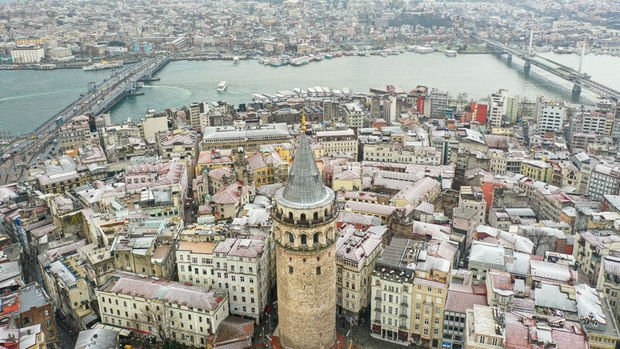EBRD raises growth forecast for Türkiye
The European Bank for Reconstruction and Development (EBRD) has raised its 2022 growth forecast for Turkey from 2 percent to 4.5 percent. The bank noted in its assessment that the rising current account deficit and short-term external debt were identified as the main vulnerabilities for the Turkish economy. The EBRD stated that bank capital is strong in Turkey, but that global tensions could affect the course of growth. The European Bank for Reconstruction and Development (EBRD) announced that it has raised its 2022 growth forecast for Turkey to 4.5 percent, following stronger-than-expected domestic demand and a moderate recovery in exports. The previous forecast, announced in May, was set at 2 percent. The forecasts announced in the latest Regional Economic Prospects report prepared by the EBRD for the regions in which it operates, revealed the impact of the war in Ukraine, the decrease in gas supplies and global inflation on economies. The report emphasized that Turkish banks are well-capitalized and their non-performing receivables ratios below 3 percent are among the strengths of the Turkish economy, while economic activity remains relatively strong. Short-term external debt and reserve risk Another element highlighted in the report is the fundamental vulnerabilities created by the rapid depreciation of the Turkish lira and high inflation. The EBRD report highlighted Turkey’s increasing current account deficit, short-term external debt of $180 billion, and the weakening of reserves of around $15 billion as major concerns. The bank expects the Turkish economy to grow by 3.5 percent in 2023, in line with early summer estimates, driven by household and public spending ahead of the planned elections. It is also stated that global factors such as global geopolitical tensions and aggressive monetary tightening in developed countries pose a risk of affecting Turkey’s growth. Turkey is the EBRD’s largest market. The bank, which has invested in more than 380 projects in the country, the majority of which are in the private sector, has investments totaling over 16,877 million euros.


